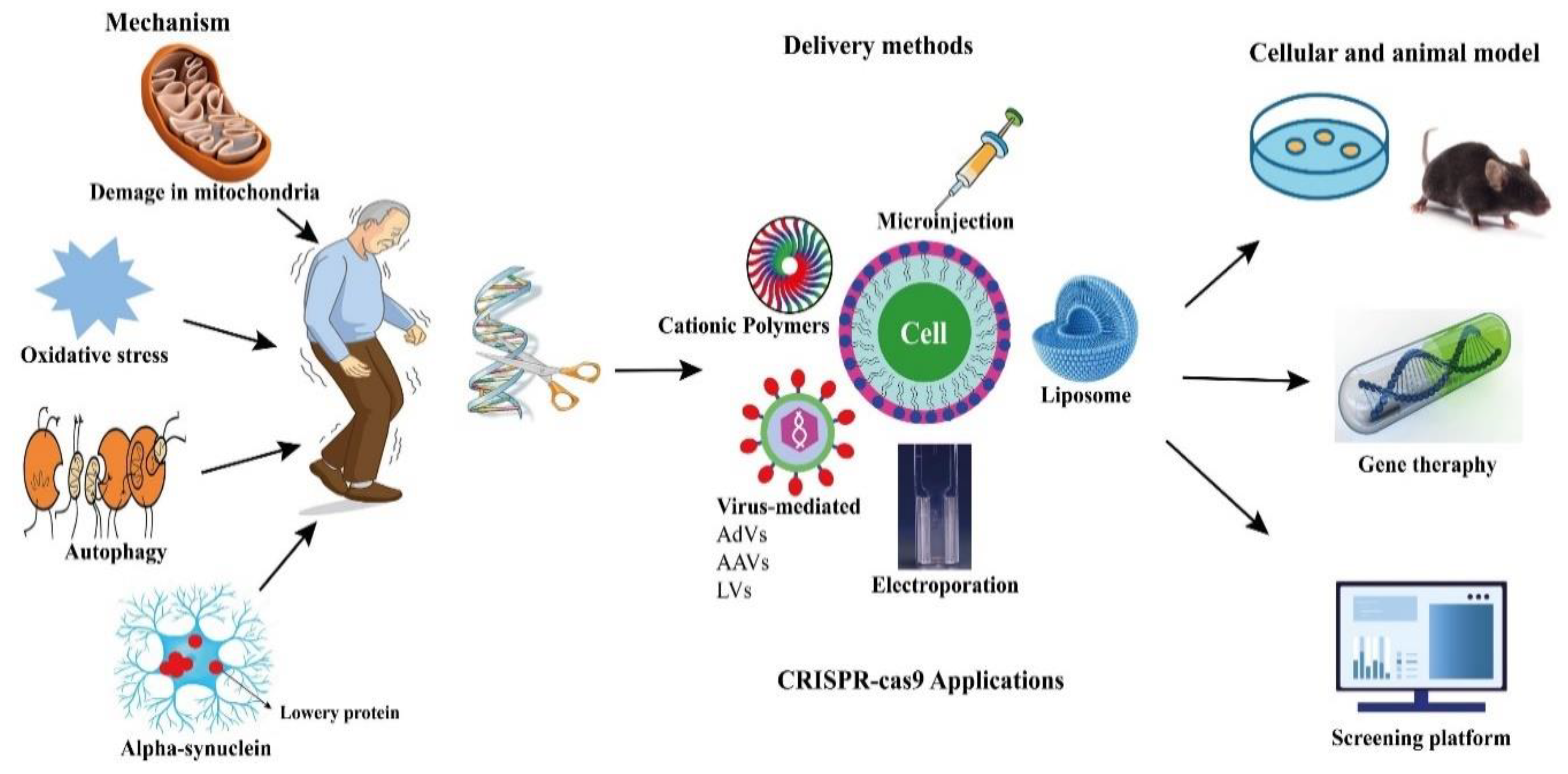December 20, 2023
CRISPR’s Revolutionary Impact on Genetic Medicine

Unveiling CRISPR: A Game-Changing Journey
- The medical realm is in the throes of a monumental breakthrough as CRISPR-based therapies gain approval for treating sickle-cell disease and β-thalassemia in the U.K. and the U.S. The potential to transform the lives of millions grappling with these hereditary blood disorders looms large.
Evolution from Discovery to Realization
- CRISPR, discovered in archaea back in 1993, initially found in bacteria as an antiviral defense system alongside Cas proteins, has emerged as a pivotal innovation. The Nobel Prize-winning work of Emmanuelle Charpentier and Jennifer Doudna in unveiling CRISPR-Cas9 as a ‘molecular scissor’ was honored with the 2020 Nobel Prize in chemistry. This discovery paved the way for genome editing in eukaryotic systems, opening doors to diverse applications in genetics and agriculture.
CRISPR’s Impact in Medicine: Recent Approvals and Applications
- The milestone approvals by the MHRA in the U.K. and the FDA in the U.S. for ‘Casgevy’ mark a watershed moment in treating sickle-cell disease and transfusion-dependent β-thalassemia. Casgevy operates by modifying a patient’s blood stem cells to rectify the genetic defect causing these conditions, subsequently reinstating the production of healthy red blood cells. This approval echoes Linus Carl Pauling’s identification of sickle-cell disease as a molecular disorder, completing a remarkable circle spanning 74 years.
Exploring Cutting-Edge CRISPR Innovations
- The evolution of CRISPR technology extends to sophisticated techniques like base editing, enabling precise genome manipulation at the single nucleotide level. Prime editing, a novel approach employing a search-and-replace strategy for meticulous genome modifications, alongside developments in targeting epigenetic effects, showcases the expansive potential of CRISPR systems.
Navigating Challenges and Envisioning Future Prospects
- Amidst the euphoria, challenges in safety and accuracy persist, such as off-target events where unintended genome edits occur, posing substantial hurdles. Striking a delicate balance between risks and rewards becomes paramount, necessitating a thorough evaluation of short- and long-term benefits. Vigilant ongoing research and surveillance are imperative to unveil and address potential side effects that currently elude detection.
Embracing the Dawn of a New Era
- The approval of groundbreaking therapies like Casgevy marks a significant stride toward alleviating the burden of genetic diseases for countless individuals. The advancements in CRISPR technology underscore a promising future in genetic medicine and disease treatment, offering a beacon of hope for improved healthcare landscapes worldwide.
Daily Gist : The Hindu/Indian Express : 30 Jan 2025
January 30, 2025
Gist of editorial : the Hindu/ Indian Express/20 Jan 2025
January 20, 2025
Daily the Hindu/ Indian Express Editorial Gist: 14 Jan 2025
January 14, 2025
